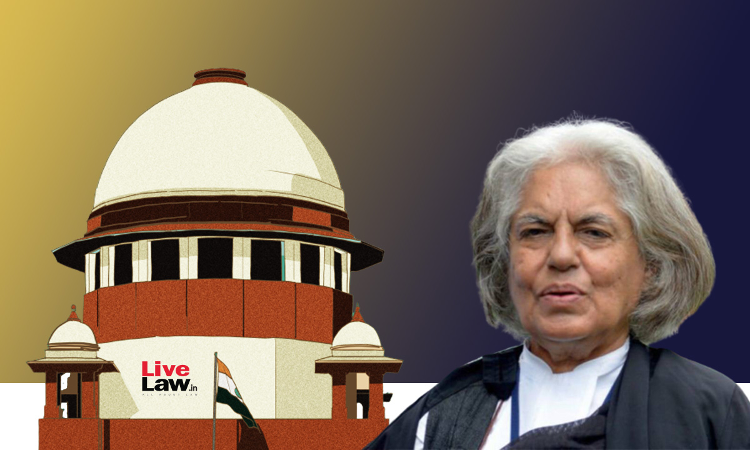'Women Lawyers Face Sexist Behaviour From Male Colleagues' : Indira Jaising Requests CJI To Frame Guidelines
Awstika Das
30 Aug 2023 3:58 PM IST

Jaising reveals that she has not only faced micro-aggressions, but has on occasion also been asked by male colleagues to not raise her voice in court, despite aggression being a cherished trait in top male lawyers of the country.
Next Story


